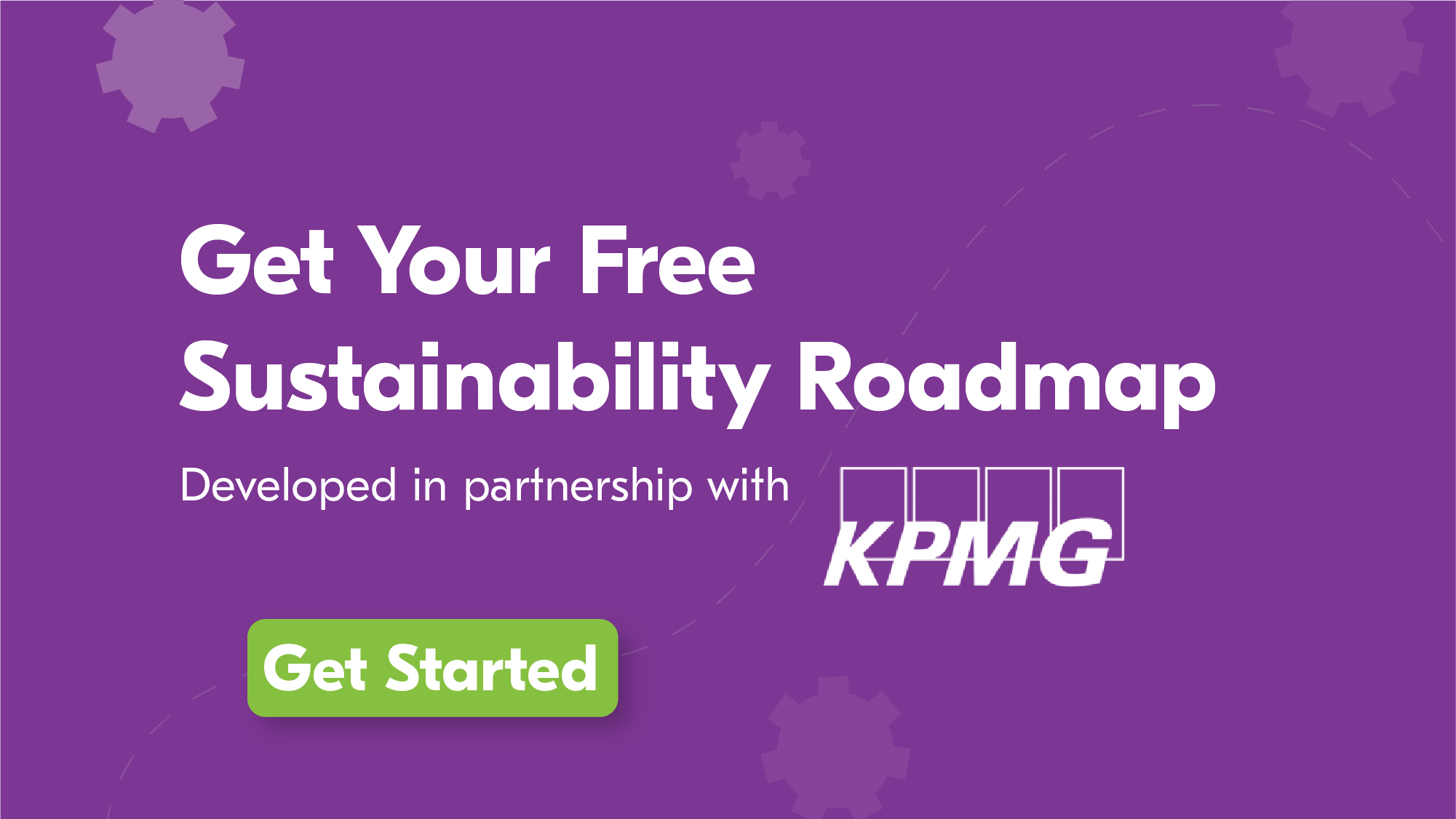Understanding the Sustainable Development Goals (SDGs) and Their Importance for Guaranteed Irish Members
The Sustainable Development Goals (SDGs) are a universal call to action to end poverty, protect the planet, and ensure prosperity for all by 2030. Comprising 17 interconnected goals, they provide a framework for countries and businesses to work towards a more sustainable future. Alignment with the SDGs is the fourth step on the Guaranteed Irish Sustainability Roadmap, as it provides an excellent foundation for reviewing your business using a sustainability framework and creating an impact-focused sustainability strategy.
Why Are the SDGs Important for Guaranteed Irish and Member Companies?
For Guaranteed Irish members, embracing the SDGs aligns with their commitment to jobs, community provenance in a sustainable manner.
Integrating the SDGs into business strategies provides several benefits:
-
-
Boosting profit margins and achieving cost savings.
-
Gaining greater trust among customers.
-
Winning new contracts by appealing to sustainability-focused businesses.
-
Improving employee retention through shared goals.
-
Increasing stability with sustainable future plans.
-
Growing the customer base by attracting sustainably-minded consumers.
-
Enhancing performance as staff find greater purpose.
-
Strengthening relationships with staff and stakeholders.
-
Moreover, aligning with the SDGs demonstrates a commitment to ethical practices and wider community impact.
Choosing Relevant SDGs for Member Companies
To select the most relevant SDGs, companies should assess their core operations and stakeholder concerns. Conducting a materiality assessment can help identify which goals align closely with their business objectives and societal impacts. For example, a manufacturing company might focus on Goal 12 (Responsible Consumption and Production), while a tech firm may align with Goal 9 (Industry, Innovation, and Infrastructure).

Setting Related Targets
Once relevant SDGs are identified, companies should set specific, measurable, achievable, relevant, and time-bound (SMART) targets. These targets should reflect both the overarching SDG goals and the company's operational realities. For instance, a business could aim to reduce energy consumption by 20% within five years.
Collating Data and Monitoring Progress
Effective data collection is essential for monitoring progress against SDG targets. Companies should establish key performance indicators (KPIs) linked to their goals and regularly gather data to assess their performance. Tools like sustainability reporting frameworks can assist in tracking metrics and outcomes.
Communicating Alignment for Reputational Value
Finally, effective communication about alignment with the SDGs can enhance a company's reputation. Sharing progress and success stories through marketing channels, sustainability reports, and social media not only informs stakeholders but also demonstrates a company's commitment to responsible business practices. This transparency can strengthen customer loyalty and attract new clientele.
Inspire Your Team with More Resources
You can explore Guaranteed Irish’s alignment with the SDGs here. In 2022, we took a bold step forward by fully integrating the SDGs into our initiatives, placing a sharp focus on key areas such as decent work, sustainable communities, responsible consumption, and climate action (SDGs 8, 11, 12, and 13). These principles resonate with our 50-year-old mission of supporting businesses that drive positive, lasting change across Ireland and beyond.
Government's efforts toward the SDGs is available here, along with relevant country-level statistics from the CSO here. Lastly, the courses offered by the SDG Academy are particularly useful for setting SMART goals and targets. Check them out here.
By strategically engaging with the SDGs, Guaranteed Irish members can create meaningful impact, drive sustainability initiatives, and enhance their market position. For further information on the SDGs, visit the UN SDGs website.


![[Members Offer] FREE Independent Strategic Assessment of your DEI efforts with Mantra Strategy](https://blog.guaranteedirish.ie/hubfs/Lisa-Nicole%20Dunne%2c%20Mantra%20Strategy.webp)